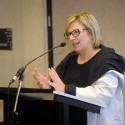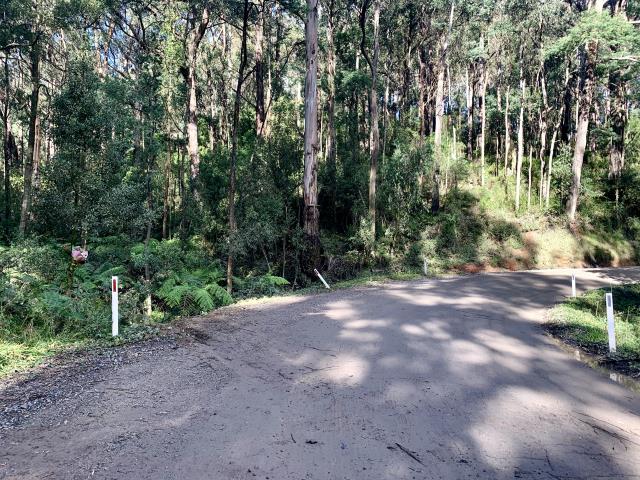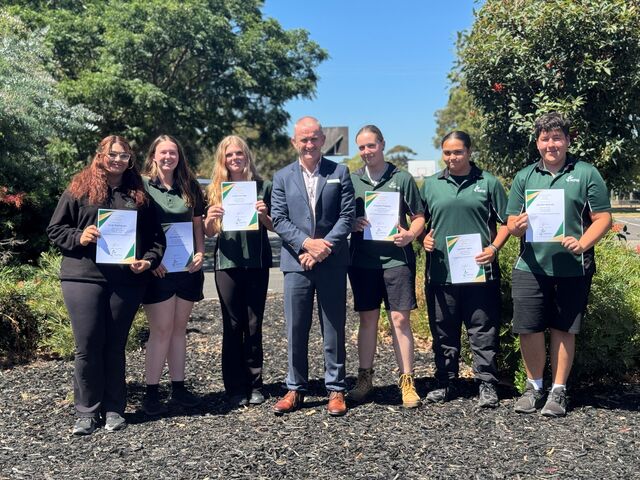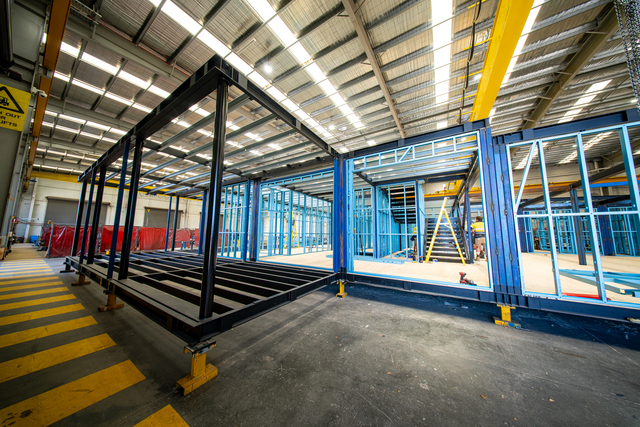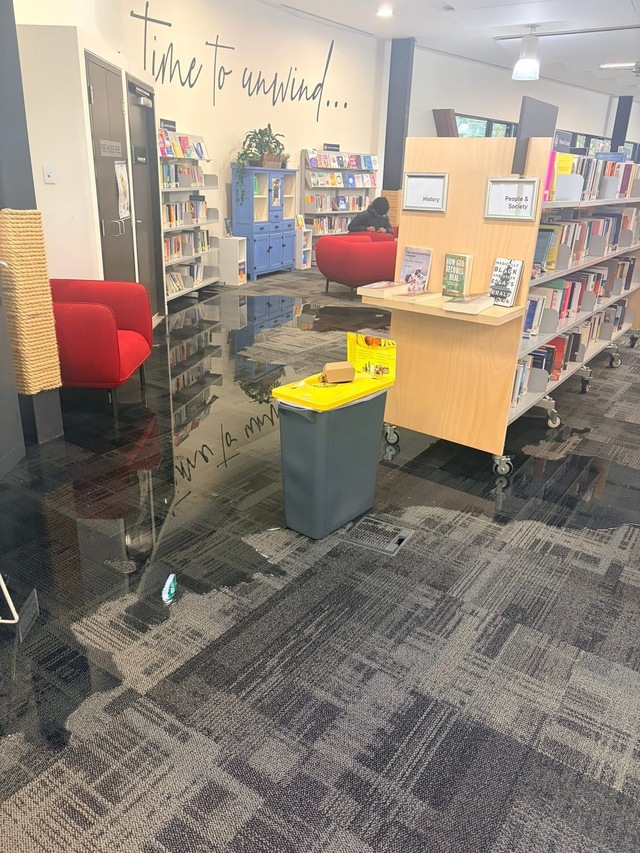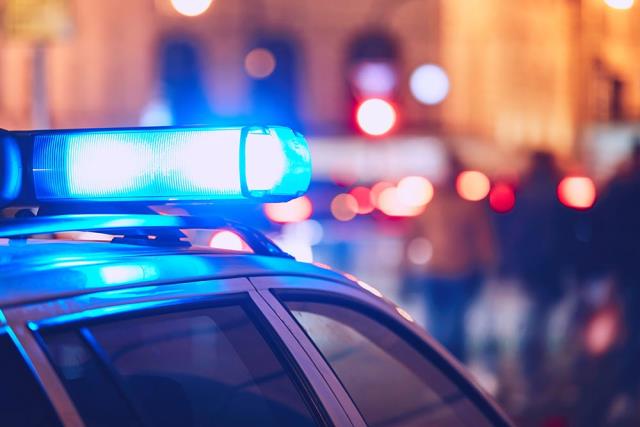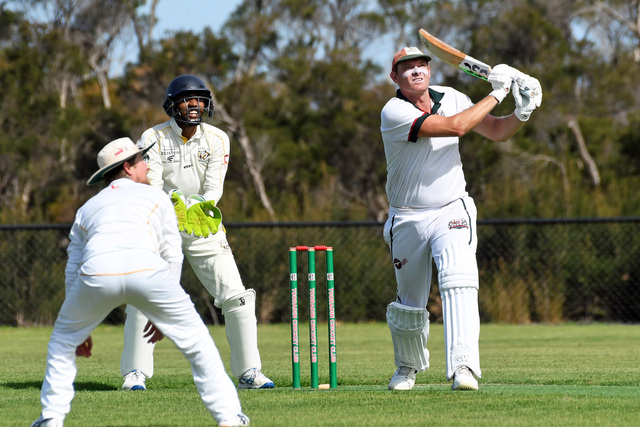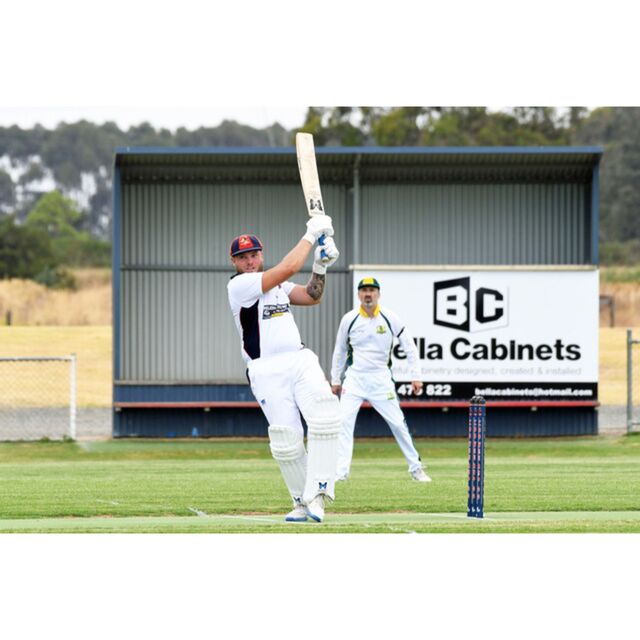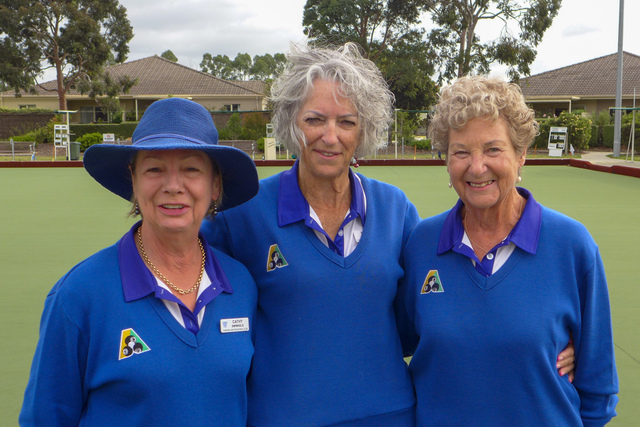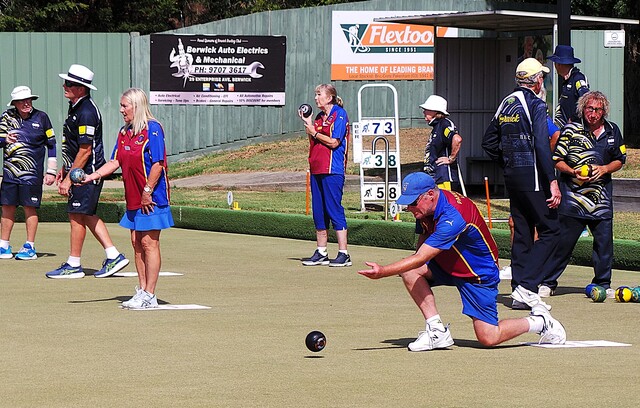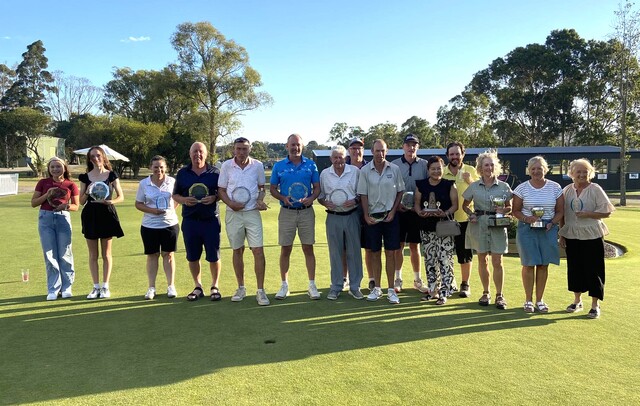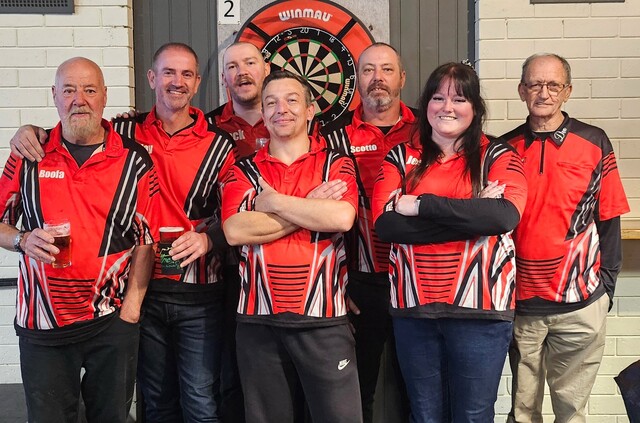By Aneeka Simonis
FOUR counsellors were waiting on hand within the audience of a recent Pakenham family violence forum where high-profile survivor Rosie Batty shared her story.
The support workers from Windermere, based in Pakenham, were there in case anyone who attended the three-hour forum felt the courage to speak out about possible abuses happening to them in their home.
Sadly, it’s not too far a stretch to believe women sitting among the crowd had been or were currently being subjected to violence by their partner.
After all, Cardinia Shire has one of the highest rates of family violence reports in Victoria.
All sat still and quiet as they listened to Rosie speak on the loss of her son through family violence at the forum on Monday 29 August.
But her most important message was not in the detail of her tragedy.
It was in the advice she gave to women suffering through violence.
“I know police would say to ring triple zero and report crime.
“But as a victim, I know why that is hard and don’t actually say that is always the first and foremost thing to consider,” she said.
Ms Batty, mother of Luke Batty who was killed by his father at cricket practice in Tyabb in 2014, reached out to a crisis support line years earlier and said it was the “best thing” she could have done.
Before then, years of psychological torment and intimidation didn’t seem like enough to call in police over.
She soon learnt violence came in many forms.
“Sometimes we don’t actually see violence in our relationship for what it is.
“We may not even understand different forms of violence. We actually may be too busy blaming ourselves to really see it the way other people see it,” she said.
“So 1800 RESPECT is a starting point. From that first step, victims are linked with a trauma informed counsellor or into specialised services in their local area.
“But importantly, that first step is a conversation with someone who is not judging you, criticising you or even blaming you. It’s confidential.
“It’s about understanding that the relationship will never get any better and while there is still hope, there is still an investment that somehow if you stick it out, you could make it work. But without intervention, help and support, it will only get worse. Always.”
After that call to the crisis line, Ms Batty linked in with a support forum. When she arrived, she was surrounded by the faces of many other women experiencing the same violence in their own homes.
What she took from that group strengthened her will to fight.
“It changed me and gave me the power to rebuild my own self-worth. Linking into specialised service is incredibly important. Sometimes you aren’t an expert on your own safety,” she said.
Ms Batty went on to explain that violence could often worsen once a victim left a relationship, and ongoing support was incredibly important for the victim.
“It’s important you have a relationship with the police. Getting an apprehended violence order (AVO) is an important step, but it doesn’t guarantee your safety. You need support.”
Lastly, Ms Batty encouraged victims to find their voice and speak out against violence.
She said the strength used by one victim to speak out might motivate another to escape or, better still, shift attitudes enabling disrespect and violence toward women and girls.
Minister for the Prevention of Family Violence and Minister for Women Fiona Richardson MP, Bass MP Brian Paynter, Dandenong MP Gabrielle Williams and Cardinia Shire Mayor Jodie Owen were among the dignitaries at the forum.
Minister Richardson said victims would, from now, be better protected from violence despite possible changes of government in the future.
Both parties have made a bi-partisan commitment to ending the scourge.
“We need to stop funding crisis over prevention. The government is very good at responding to crisis and harms of family violence, but this is a crime that is entirely preventable,” she said.
“We need to do more to prevent it in the first place so we can drive down these behaviours before they reach the police and the courts.”

